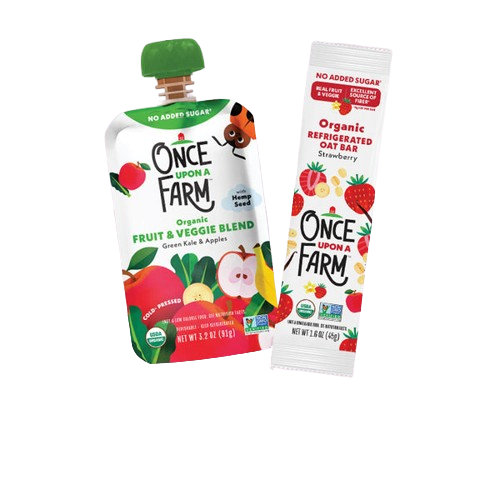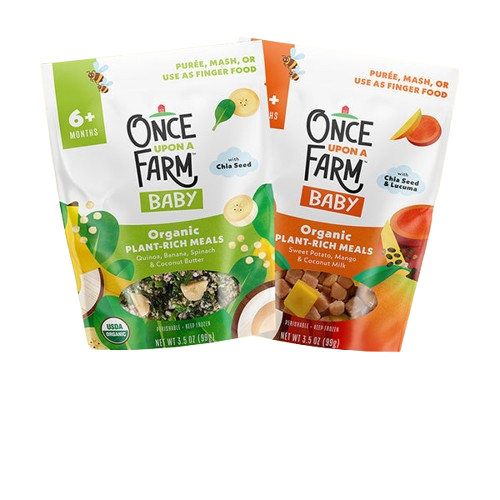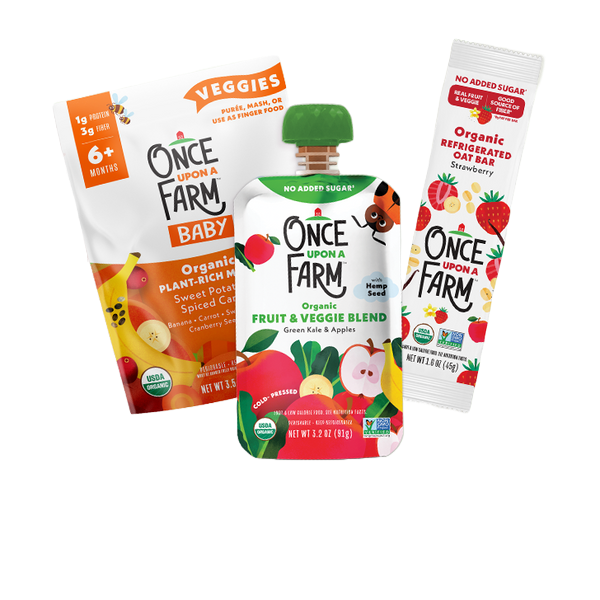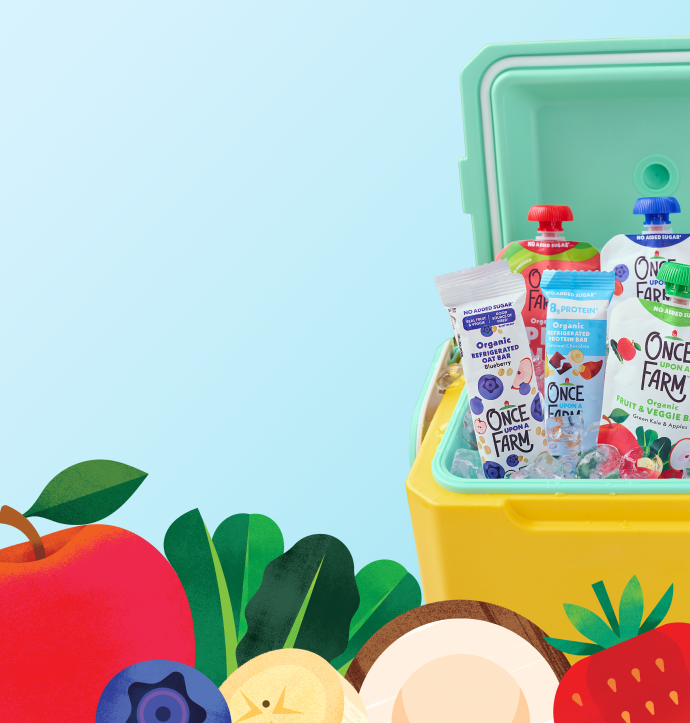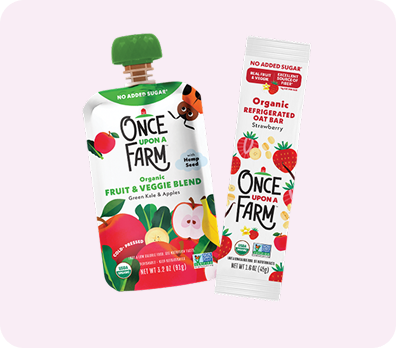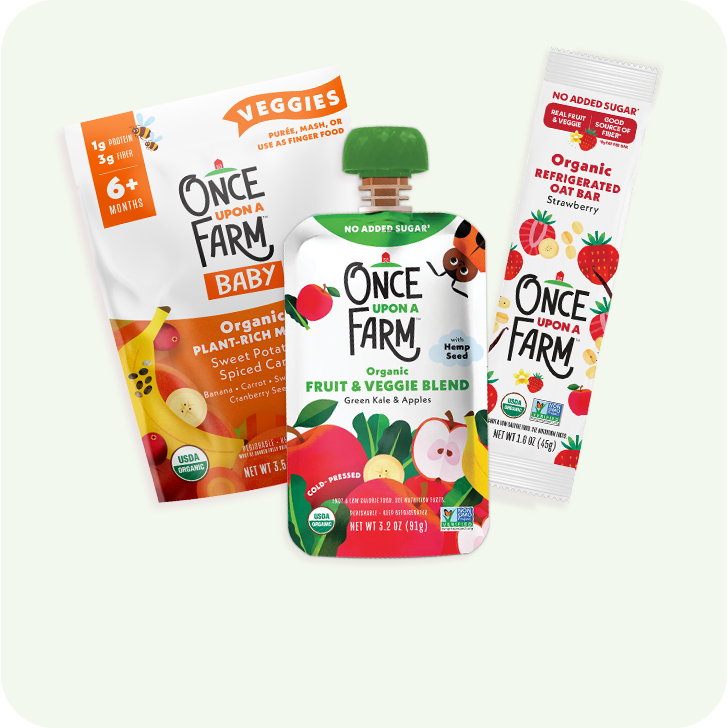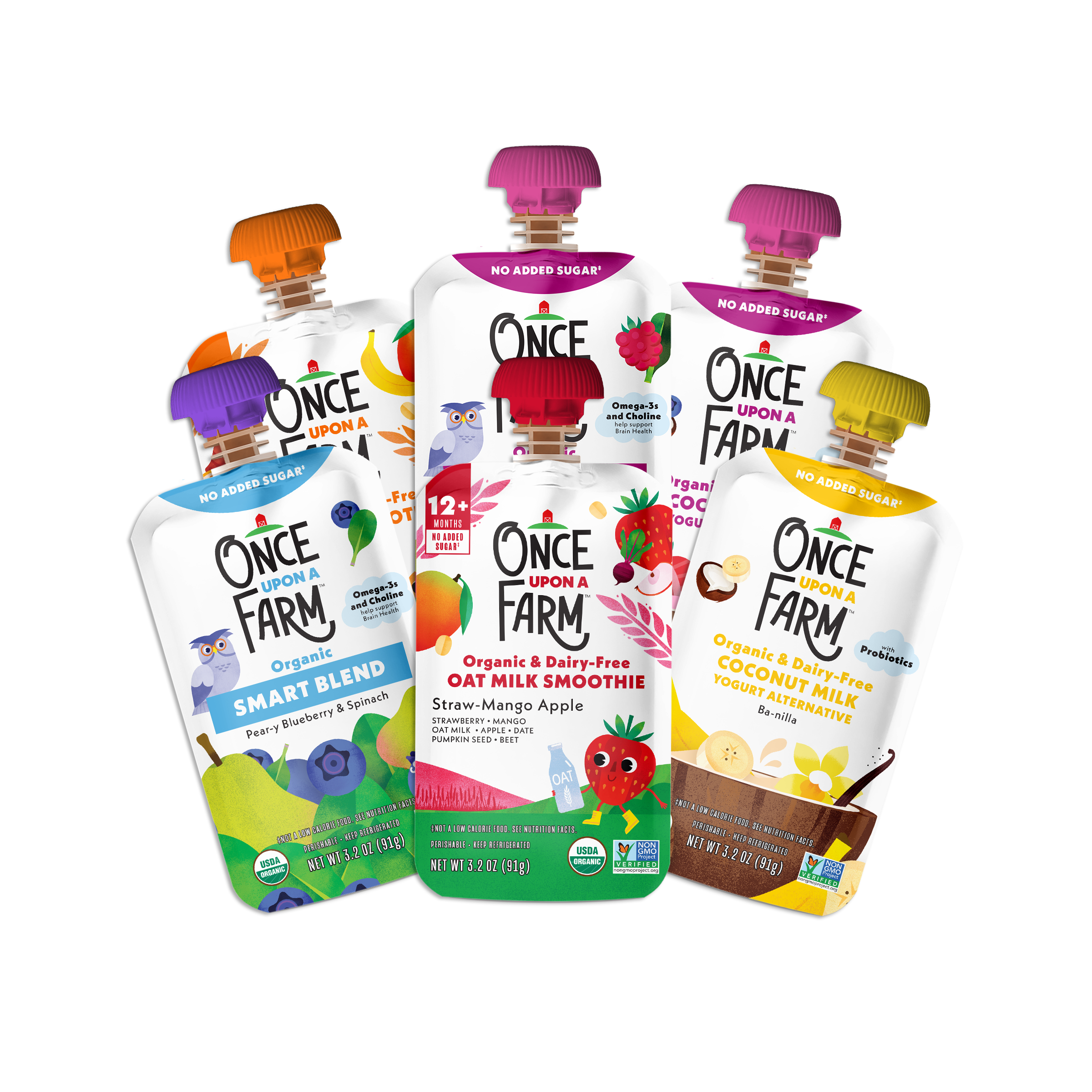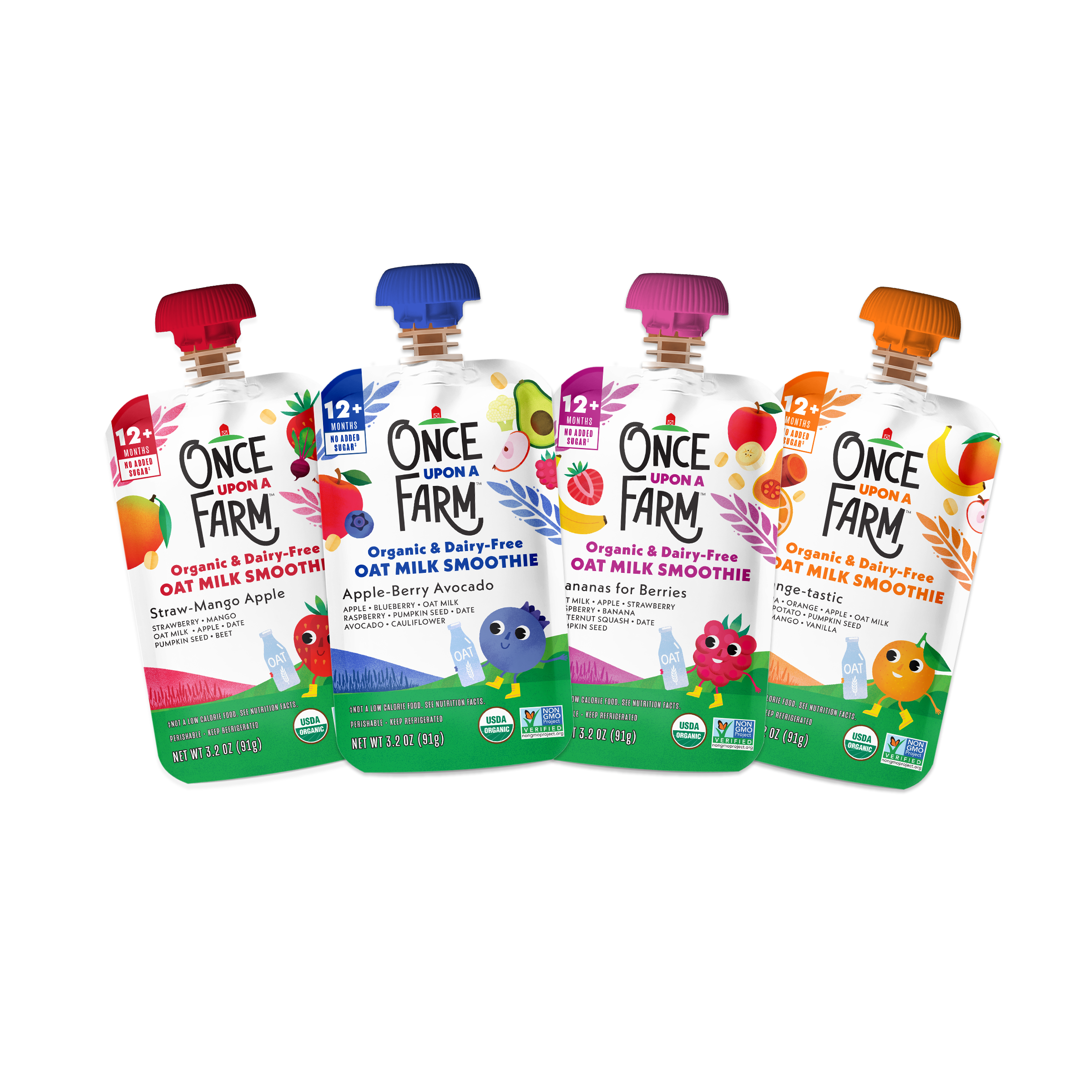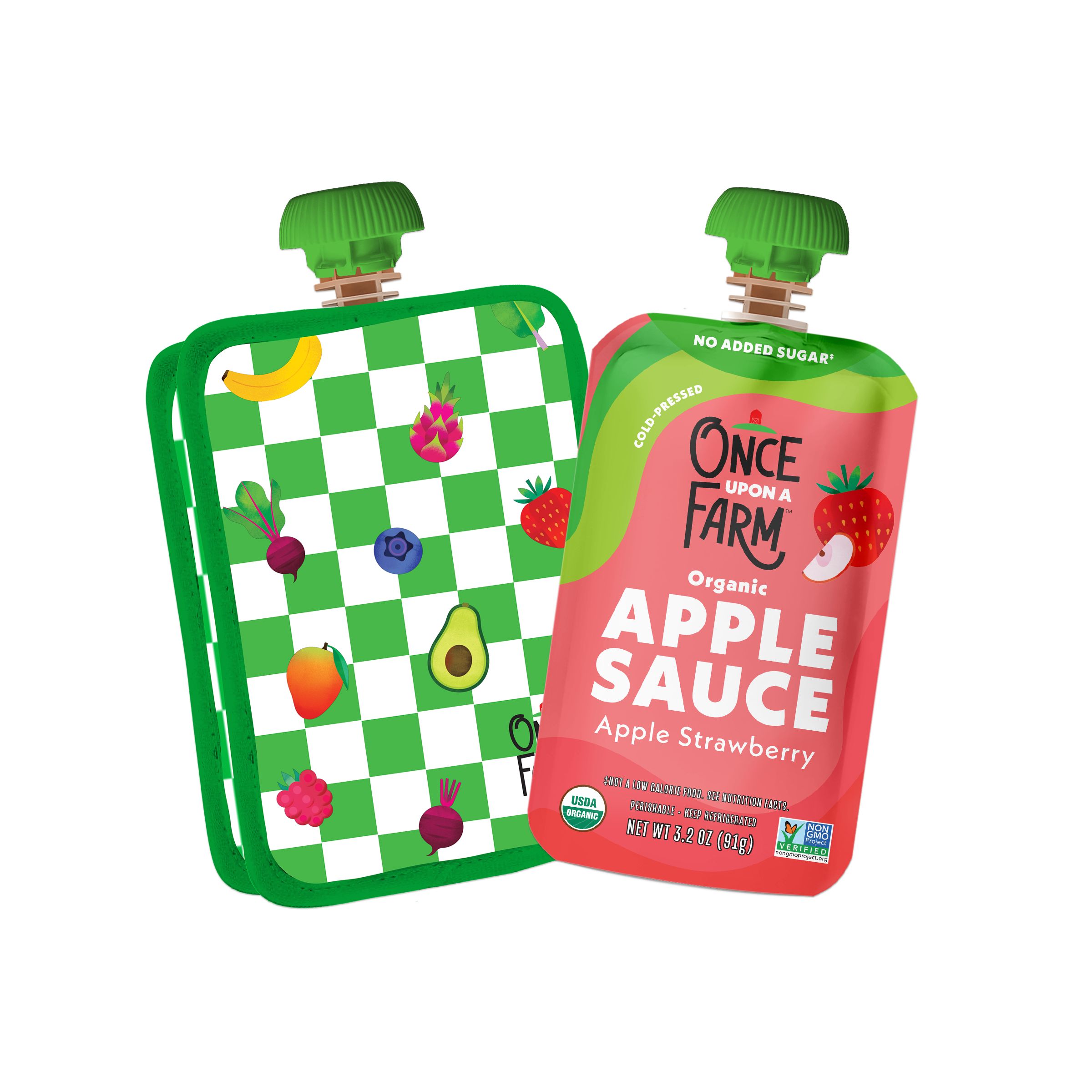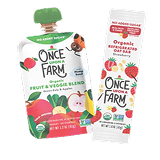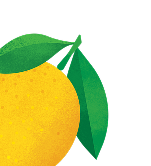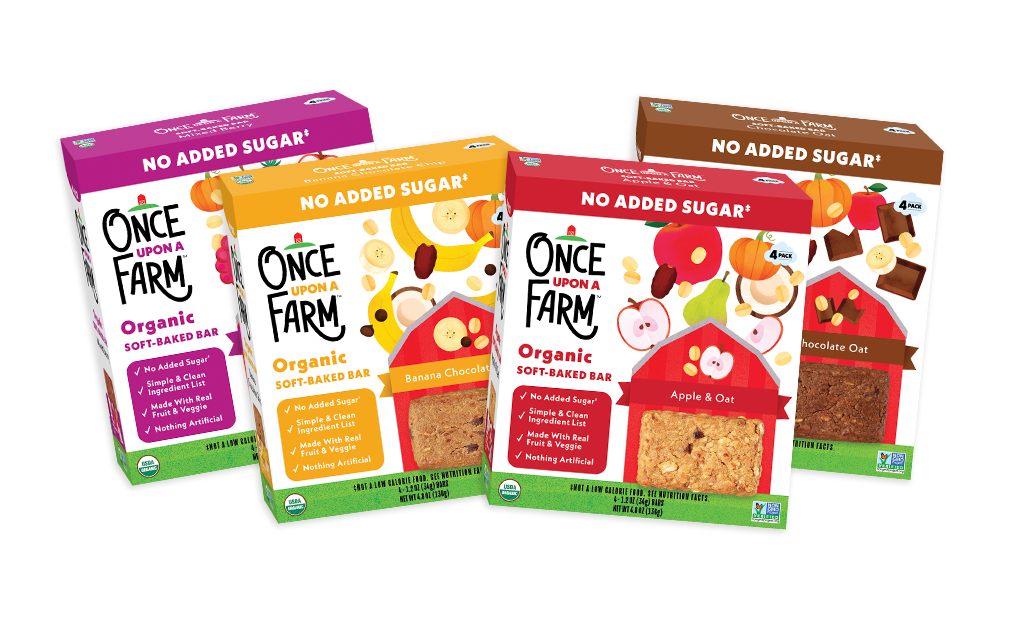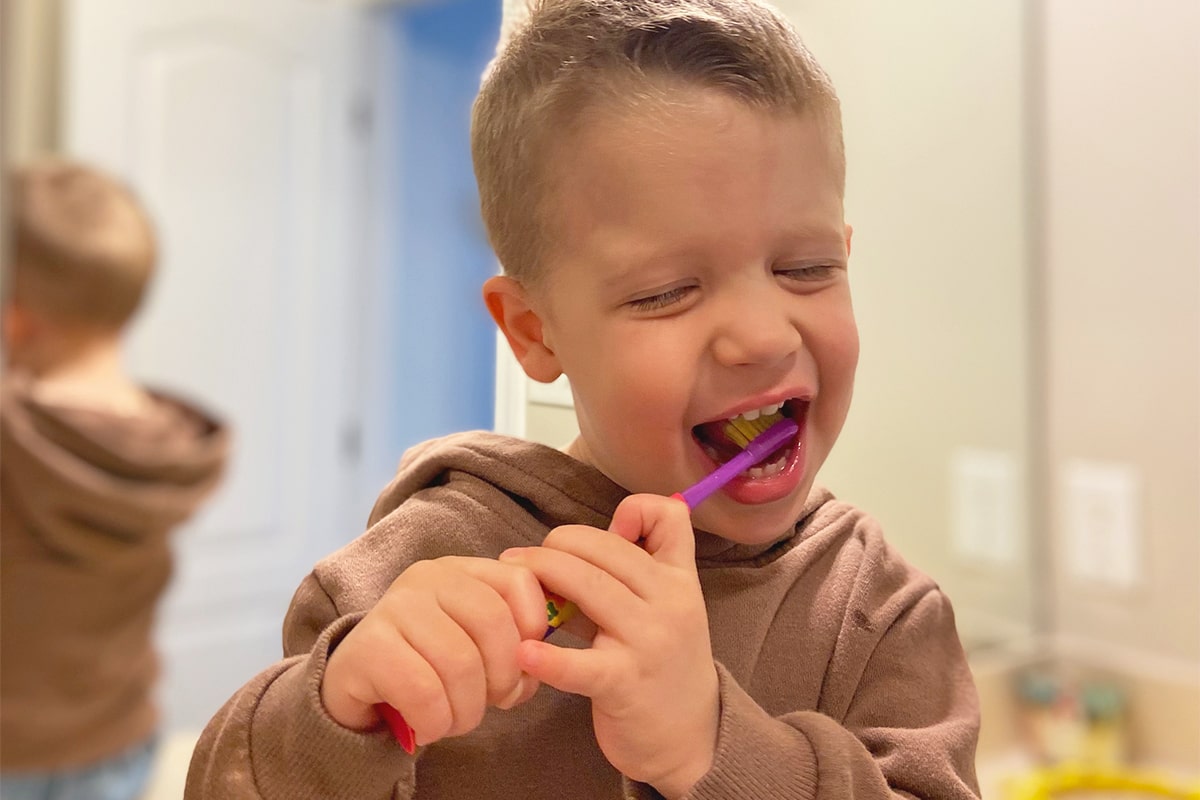Note: This blog is not medical advice and is for informational purposes only. For any specific recommendations regarding dental care and diet, please refer to your child’s dentist or healthcare provider.
Brushing our teeth as adults is like second nature. And, while it may not be our favorite place, we all know we should be visiting the dentist regularly for cleanings. But these habits didn’t just happen; they’re the result of decades of repetition. And it all started with our parents/caregivers buying us our first toothbrush or taking us to the dentist for the first time.
As parents, it’s now our turn to start instilling those good dental care habits in our children to help set them up for a lifetime of healthy teeth and gums. But where do we even begin? And when?
To help us answer all of our questions on baby dental care, we tapped dentist Jordan Hubbard, DDS—owner of Hubbard Dental in Pinehurst, NC and mom of two little ones (including the cutie pictured above)—for her expert advice.
When does teething start, and what are some of the first signs to look out for?
Dr. Hubbard: Your child’s first tooth will appear around 6 months (plus or minus 2 months). But don’t be alarmed if it takes longer than that. My own children didn’t get their first teeth until 9 and 10 months, and I didn’t get mine until I was 10 months old! There is a strong genetic component to this. Six months is an average.
Some signs to look out for are excessive drooling, fussiness, putting things in their mouth (think fingers, toys, etc), and waking during the night. While there is no scientific evidence to support it, parents will say that sometimes a low-grade fever can happen during teething. A lot of times, you may notice your child tugging on their ears, or showing signs of what may seem like an ear infection, and, in fact, it can be teething.
Most obvious, though, will be tiny white “lumps” appearing on the child’s lower jaw in the front as the teeth try to erupt. You may even notice a darker red or purple lump (also known as an eruption cyst), and eventually, you will be able to feel rough little areas, which are the teeth poking through the gums! The two lower central incisors are the first to erupt in a baby, so be on the lookout in that area.
What are some foods you’d recommend introducing or avoiding while teething?
Dr. Hubbard: There aren't any foods that are good or bad during teething, but in order to help the child soothe their sore gums, rubbing items in that area, especially cold foods, will allow for more reprieve for them. Putting frozen fruits inside of a mesh teether, or even your own frozen treat (be mindful of artificial sweeteners and added sugars!) in one can be soothing for a little one.
Whatever you choose to give your child during this time, be mindful of the size to prevent choking, as well as the nutritional content of the food. Also, be sure to talk to your child’s doctor before starting something other than breastmilk/formula. Simply continuing with the baby’s normal routine is more than ok.
Psst: Check out our two-ingredient, no-sugar-added teething treat recipe.
When should you take your baby/kid to the dentist for the first time?
Dr. Hubbard: The American Academy of Pediatric Dentistry and the American Dental Association recommend your child establish a dental home and see a dentist 6 months after the first tooth erupts, or by age one at the latest. If your child doesn’t have any teeth by age one, it would still be beneficial to take your child to a dentist for an evaluation to ensure there are no underlying factors causing a delay in tooth eruption.
While most parents think their child needs to see a pediatric dentist, many general dentists will be happy to see your little one for you, but be sure to talk to them first. Treating children requires special care and sometimes special instruments. Be sure to talk with your dentist to ensure they are able to see your child before making them an appointment.
When should you start brushing your baby’s teeth? And what are some general tips for establishing a dental care routine for your baby?
Dr. Hubbard: Parents should start wiping their baby’s mouth with a clean warm damp towel from day one. This is first to clean out the mouth and help prevent things like thrush. The second is to start establishing a good routine and getting them used to having their mouth taken care of by you!
After the first tooth erupts, you can start using a child’s toothbrush and brushing two times per day. These are essentially the same as our adult toothbrush, but in a smaller size. Once the first tooth has erupted, you can start using a smear of fluoridated toothpaste, and around age 3, or once the child is able to spit while brushing, can use a pea size amount. This small amount of fluoride will not be harmful if ingested and can help work from the inside out in the protection of your child’s teeth.
Remember: The most important part of brushing your and your child’s teeth is the mechanical action of brushing away plaque and debris. The toothpaste is just an added benefit. So focus more on the technique you use to clean their teeth than the toothpaste you use. Many children won’t tolerate toothpaste well (even if you buy the bubble gum or chocolate flavored ones!) so don’t feel guilty if you are unable to use toothpaste with them until they are older. As long as you are keeping their teeth clean, seeing a dentist regularly, and limiting their sugar intake, their teeth will likely be just fine!
Also, be sure to talk to your doctor about what fluoride measures you are using at home, and if your water at home is fluoridated or not. While fluoride is good at preventing cavities, you don’t want to give your child too much. Your dentist can help determine what is right for your situation.
Why is establishing a dental care routine from an early age so important?
Dr. Hubbard: Not only is proper dental home care important for keeping cavities away, but in the long term, it is important for your gum health, which is directly related to other systemic conditions. Teaching your child correct brushing and flossing habits from an early age will benefit them into adulthood and beyond. In the short term, keeping those baby teeth happy and healthy is the best way to make sure their permanent teeth under them also come in happy and healthy!
What is your professional opinion on sugar and babies/toddlers?
Dr. Hubbard: Professionally, I recommend limiting sugar intake (this includes things like 100% fruit juice) and avoiding added sugars altogether. This is not only important for their teeth, but it is important for their growing bodies and development as well.
As a mother, I also know it’s important to live a little. I say, as is true for most all things, everything in moderation. I still give my children 100% organic fruit juices, but I typically cut them 50/50 with water, and am sure to brush their teeth 2x/day. I also allow them to indulge in fruit snacks, cookies, or treats every so often as a special treat, but I know that our home care is top-notch, and my children cooperate with proper brushing and toothpaste use.
Use your best judgment for what works for your family, but know that even a little sugar (even if it’s 100% natural) can pave the way for cavities to occur. If your child is prone to cavities or has already had some, please use your best judgment on limiting your child’s sugar intake.
Psst: Our organic, no-sugar-added Fruit & Veggie Blends are a huge hit in Dr. Hubbard’s home. Her boys’ faves are our Green Kale & Apples and Mango, Coconut & Carrot blends.
Any personal anecdotes about learning how to care for your own children’s teeth?
Dr. Hubbard: Proper oral care is not something that is typically discussed by your doctor or pediatrician and isn’t something the general public is typically well educated on. Don’t get down on yourself for where you are with your child’s oral health. The fact that you are reading this article shows that you care about your child and want to do the best you can for them.
I encourage you to seek out advice from your dentist when needed. We are happy to help you and your family have healthy smiles. Lastly, I always tell my parents that just because a child is crying, doesn’t mean they are hurt! Your child will likely fuss/cry/etc the first time (or few times!) you start brushing their teeth, especially if it isn’t a routine you started from day one. Know that it will get easier, and if they are crying, it usually means you can see all of those pearly whites to get them nice and clean! ;)

